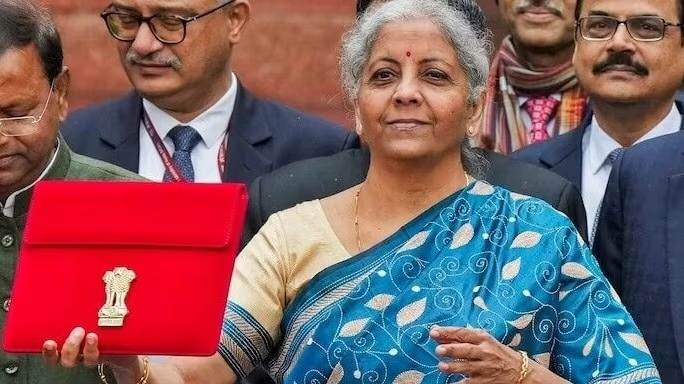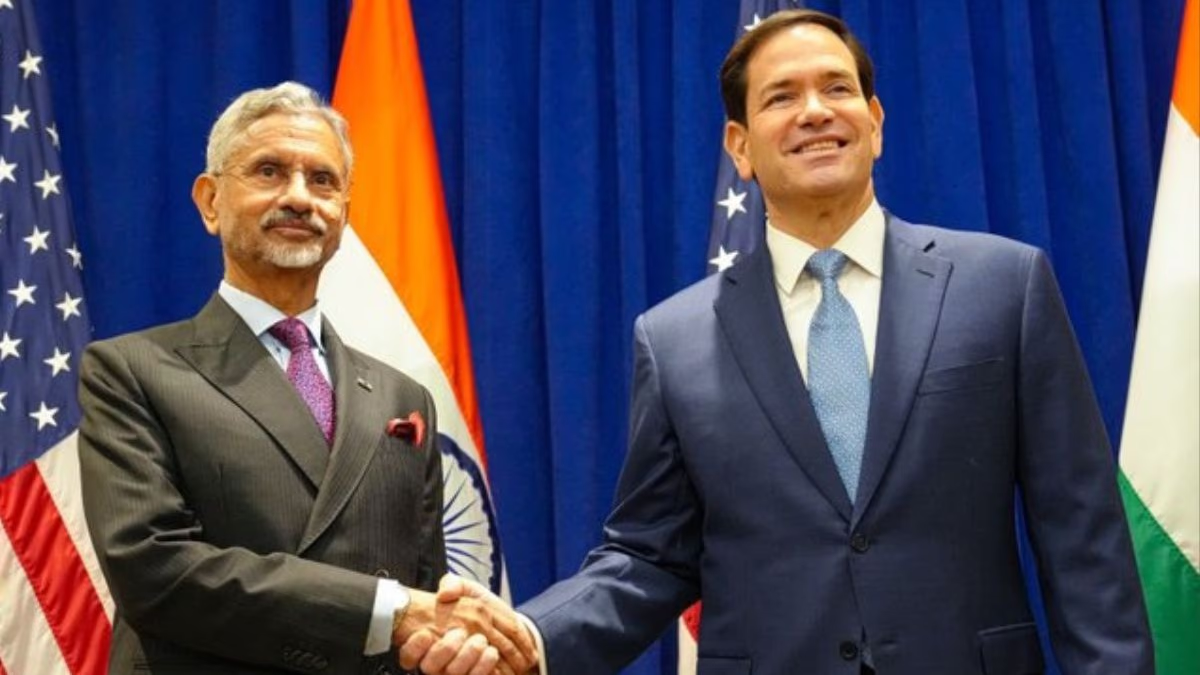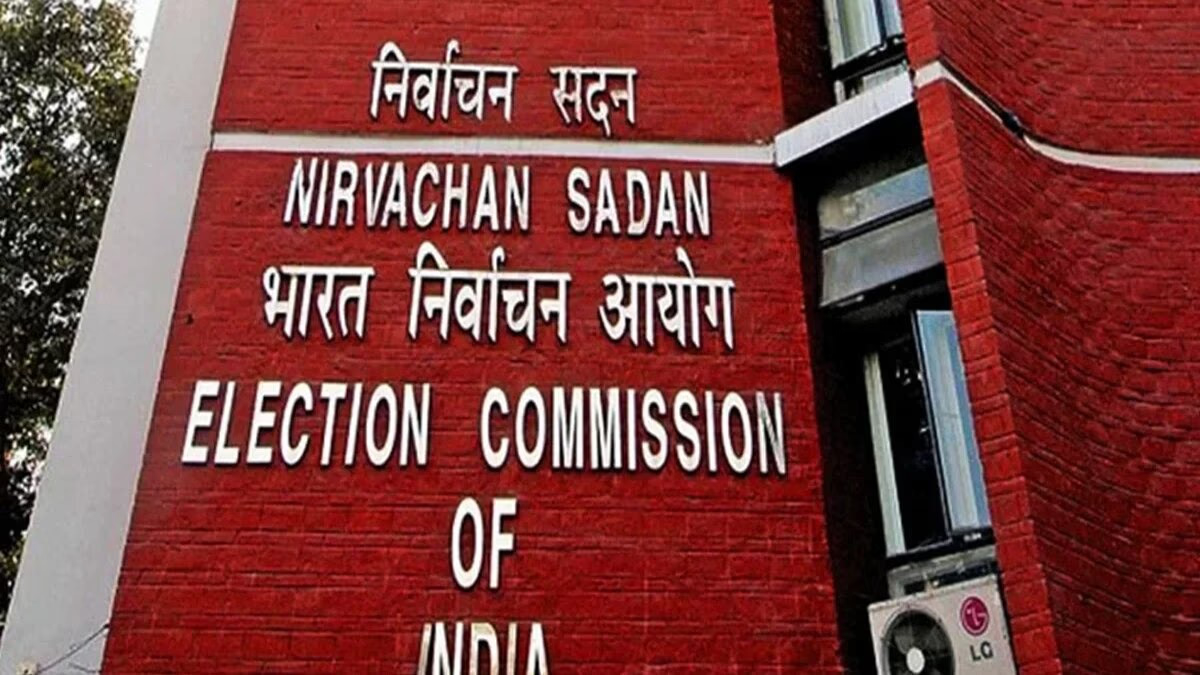The national budget is about to be announced. Every segment of society has its own hopes pinned on this budget. Until it is presented in parliament, the budget remains a highly confidential document. No information related to it can be leaked outside. It is safeguarded with stringent security measures. Let's understand how the country's most crucial document is kept secret until it is presented to the House and how challenging this task is.
The Finance Ministry is Secured by IB and CISF
Fifteen days before the budget is presented, CISF and IB officials start patrolling the corridors of the Finance Ministry. CISF officers are stationed directly outside the offices of the Finance Minister, Finance Secretary, and top officials to prevent anyone from entering.
Not only CISF, but IB officials in plain clothes also patrol the ministry, keeping a close watch on those entering. The budget draft is kept extremely confidential. Only the Finance Minister and a select few officials are aware of the budget's contents. Since the budget has gone digital, the number of printed copies has significantly reduced.
Visitor entries are checked every few hours, and no one can enter the ministry without an appointment. However, fifteen days before the budget presentation, this too is halted. Two weeks prior, the rooms where the budget is discussed and written are completely sealed off. The security of these rooms is entirely in the hands of CISF personnel. Intelligence officers also patrol the corridors of the ministry.
The Finance Ministry Turns into a 'No Go Zone'
Keeping the budget confidential is a highly challenging task. Officers below the rank of Joint Secretary are unaware of its contents. The final compilation of the budget happens 24 hours before its presentation in parliament.
Since the budget's digitization, copies are given only to the President, Vice President, and the Cabinet, apart from being placed before parliament. Call records, visitor logs, and the movements of employees and officials are scrutinized meticulously. A budget leak can have far-reaching consequences, which is why a week before the budget presentation, the Finance Ministry becomes a 'No Go Zone.'
The Printing of the Budget
The printing of the budget is also an extremely confidential process with a history of its own. There have been instances where the Finance Minister had to resign due to budget leaks. Years ago, the budget leaked. The first budget of independent India (1947-1948) was presented by India's first Finance Minister, Sir R.K. Shanmukham Chetty. Just before presenting it, the Chancellor of the Exchequer of the U.K., Hugh Dalton, informed a journalist about proposed changes in the budget's taxes.
This conversation led to the budget's content becoming public even before it was presented in parliament, causing a huge uproar, after which Dalton had to resign.
However, this wasn't the only instance of a budget leak. In 1950, a part of the central budget leaked. The investigation revealed that the leak happened during the printing process at the President's House. After this, the printing location was moved to a government press on Minto Road. Since 1980, the Secretariat Building's basement in North Block, Delhi, has been the permanent location for budget printing. The leak led to massive protests, forcing Finance Minister Mathai to resign.




